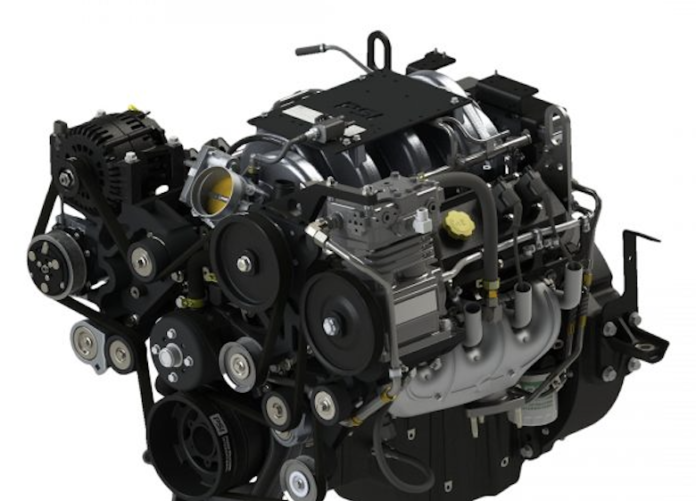Power Solutions Int. Inc. (PSI), a company that specializes in the design, engineering and manufacture of emissions-certified engines and power systems, says the U.S. Environmental Protection Agency (EPA) and California Air Resources Board (CARB) have certified the company’s new 8.8-liter ultra-low nitrogen oxide (NOx) emission propane engine for the transportation market.
Produced in collaboration with Navistar’s IC Bus brand, the engine is certified to a NOx emission standard of 0.02 grams per brake horsepower (g/bhp-hr), making it one of the cleanest propane engines available on the market. The 8.8-liter engine is certified beyond the EPA’s strictest emission standards and also exceeds CARB’s optional low NOx standard for heavy-duty engines.
The engine’s carbon dioxide (CO2) emission rate is 10% better than that of current competitive propane engines. School bus fleets making the switch from diesel to propane engines are eligible to receive federal, state and private grants.
“PSI is proud to support the growth of our customer IC Bus, which first introduced the 8.8-liter propane engine in 2015,” says John Miller, CEO of PSI. “We continue to make advancements to our 8.8-liter engine, which is clean burning and unmatched in power and performance in the transportation industry.”
The new engine offers 270 hp with 565 lb-ft of torque, comparable to PSI’s existing propane engines. The company will continue to offer its conventional 8.8-liter propane engine as well as the new ultra-low NOx version. The ultra-low NOx engine will power IC school buses. Production is anticipated early next year.
The ultra-low NOx 8.8-liter engine reaffirms PSI’s commitment to producing clean-running high-performance power systems for the transportation industry. For the past few years, PSI and IC Bus have worked together on propane and gasoline-powered alternatives to diesel school buses in an effort to reduce NOx emissions. NOx emissions are known to be harmful to humans and the environment and contribute to ozone, smog and other air quality issues.







